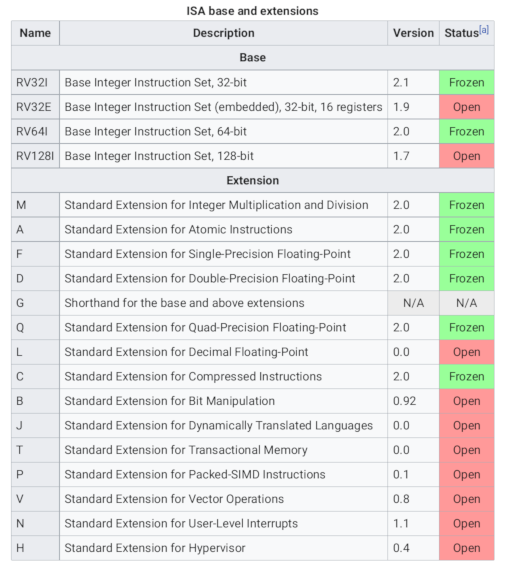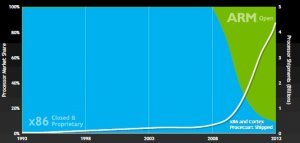erek
[H]F Junkie
- Joined
- Dec 19, 2005
- Messages
- 10,871
"Handschuh: RISC-V is really not so different here. It can allow you to do any type of implementation for any type of market. That’s because of the possibility to make extensions to the ISA, and so it can adapt to what you need. You can do root-of-trust products on RISC-V and use it at the edge to secure the device, and help you protect the data and do secure inferencing and things like that. I would actually argue it gives you a bit more latitude to operate in new areas where new requirements are showing up and coming coming around because you can innovate around it very easily.
Talukdar: And it’s not just China and AI. In India, there is an indigenous processor development project going on at the Indian Institute of Technology. There has been a bid drive in India to do these kinds of things indigenously, but it hasn’t really gone on at scale yet. RISC-V opens up loads of opportunities for development that’s happening today in India. It would not be a surprise to see India coming out with a brand-new, from-scratch SoC based on RISC-V.
Part 2 coming soon …."
https://semiengineering.com/risc-v-gaining-traction/
Talukdar: And it’s not just China and AI. In India, there is an indigenous processor development project going on at the Indian Institute of Technology. There has been a bid drive in India to do these kinds of things indigenously, but it hasn’t really gone on at scale yet. RISC-V opens up loads of opportunities for development that’s happening today in India. It would not be a surprise to see India coming out with a brand-new, from-scratch SoC based on RISC-V.
Part 2 coming soon …."
https://semiengineering.com/risc-v-gaining-traction/
![[H]ard|Forum](/styles/hardforum/xenforo/logo_dark.png)


